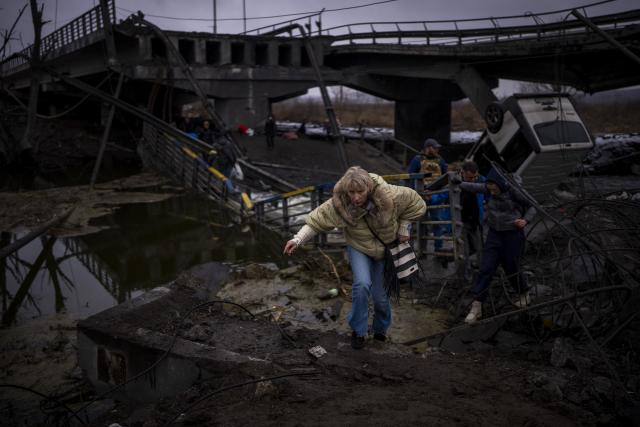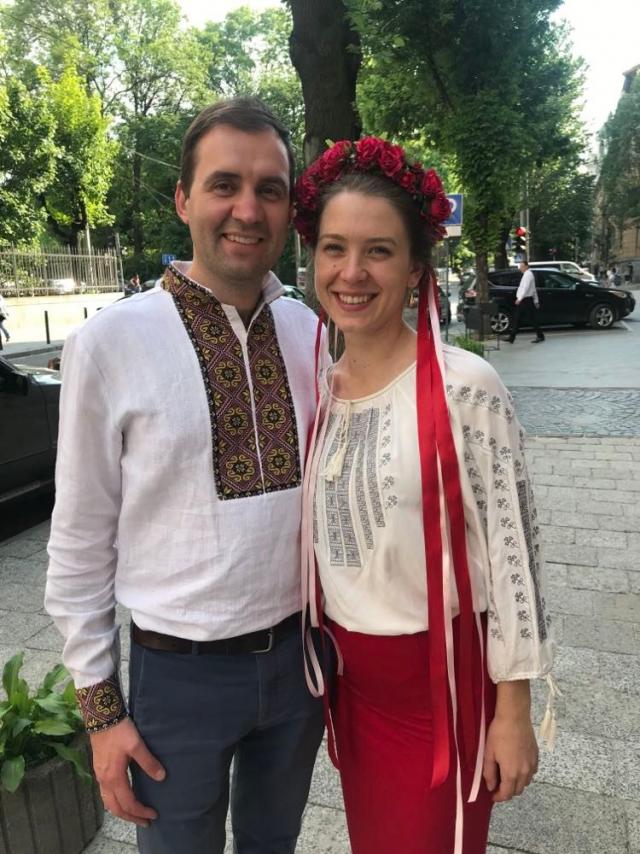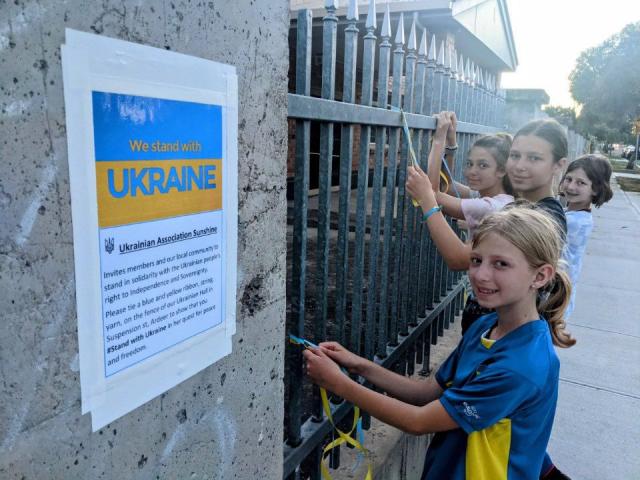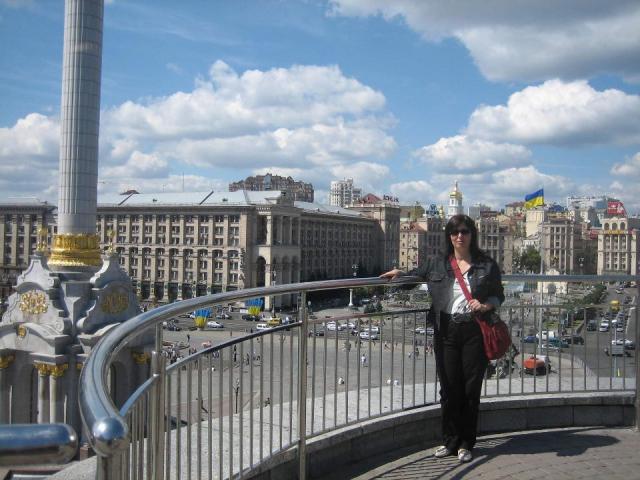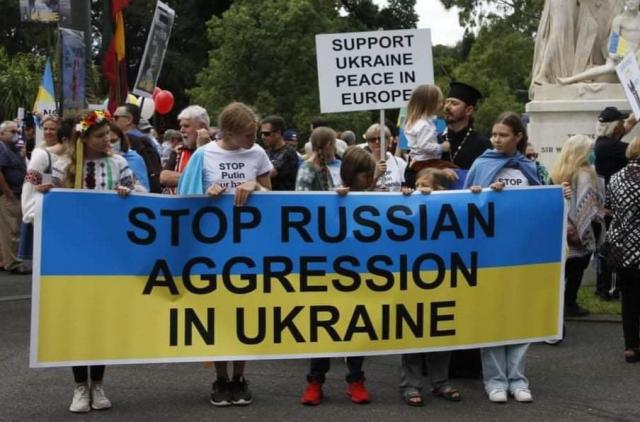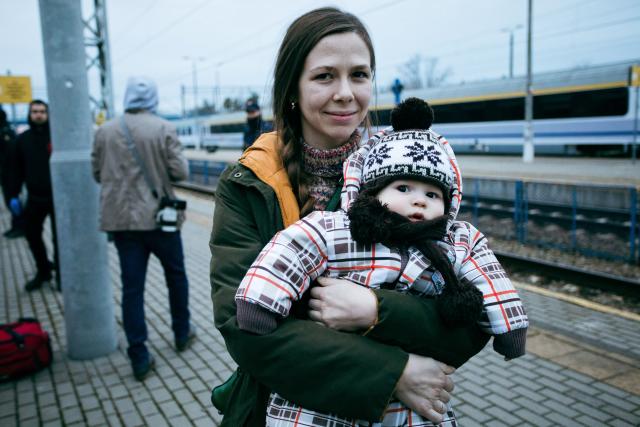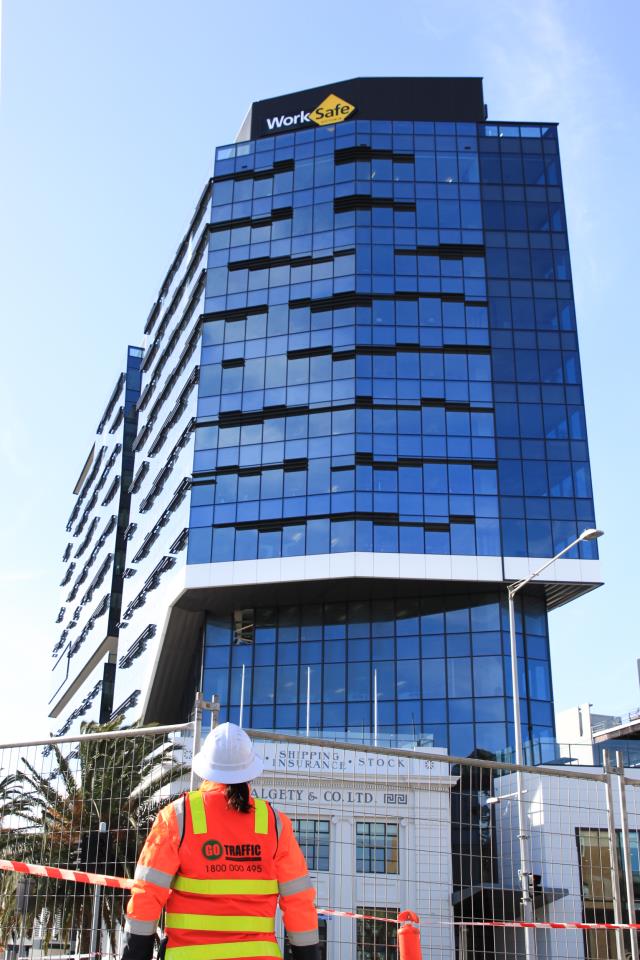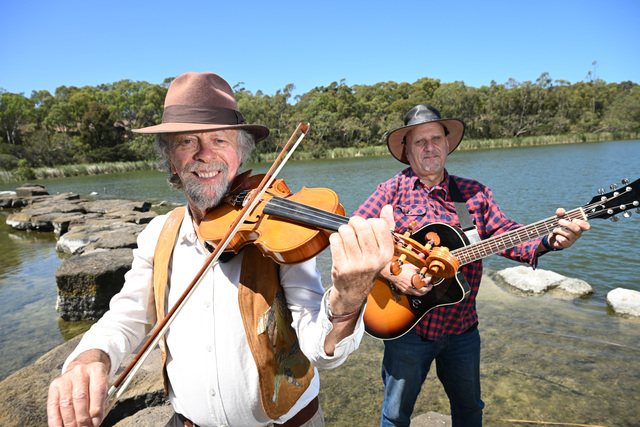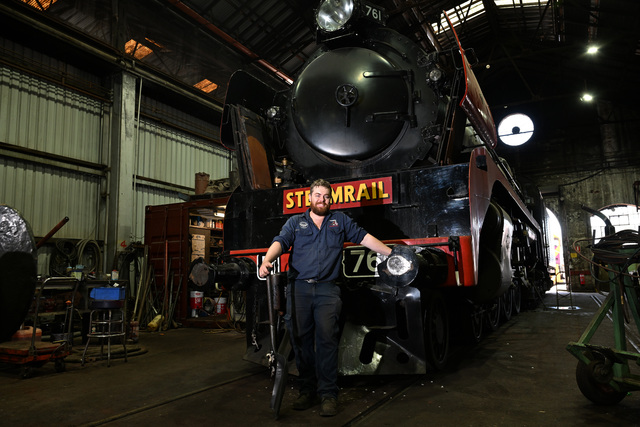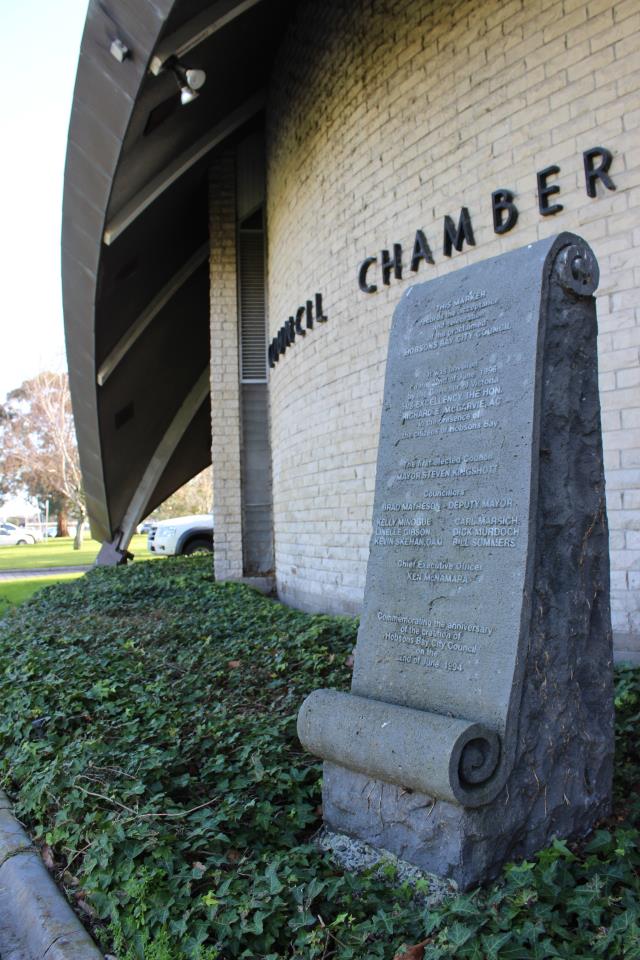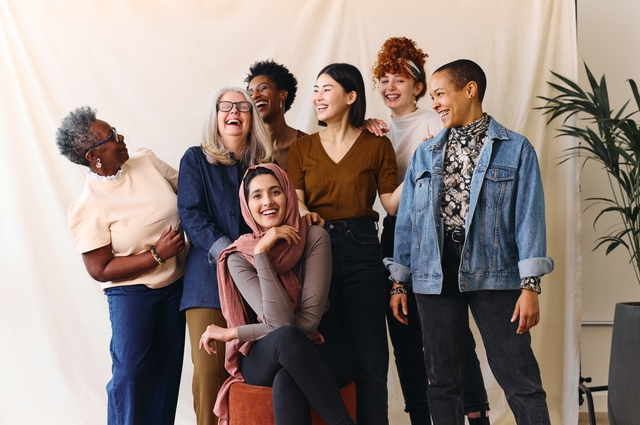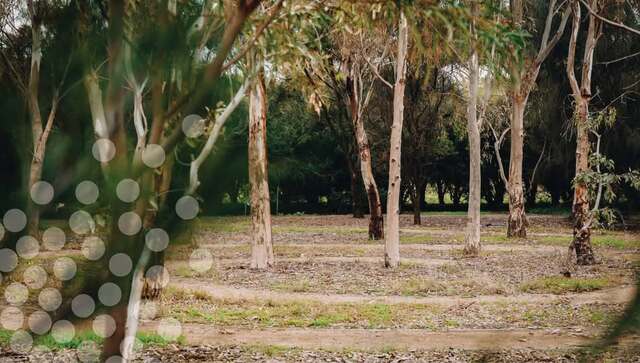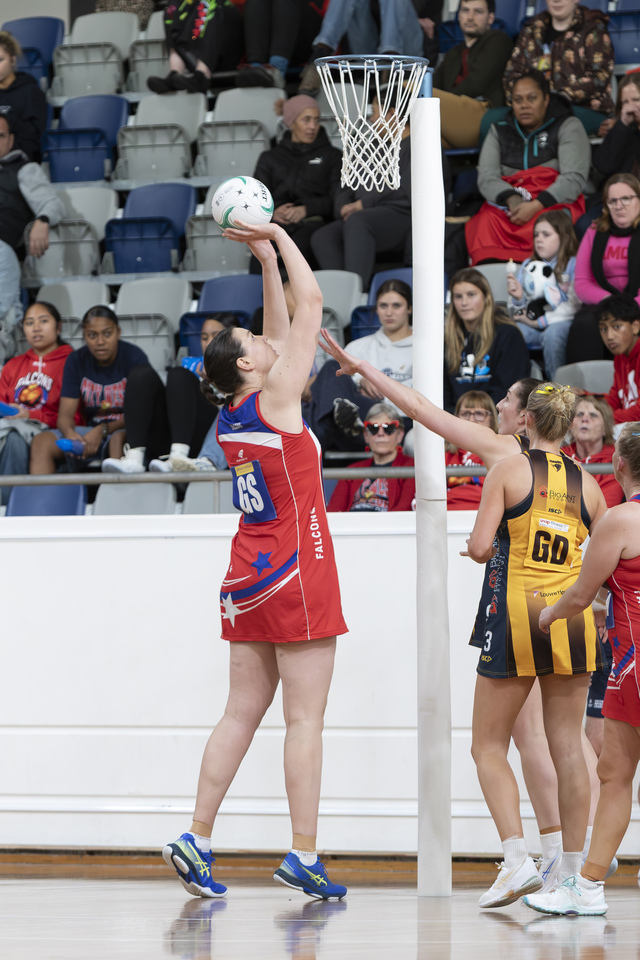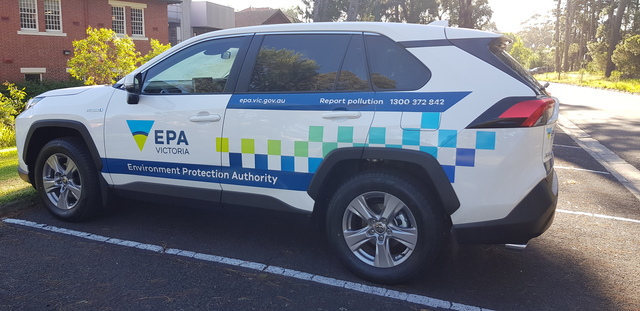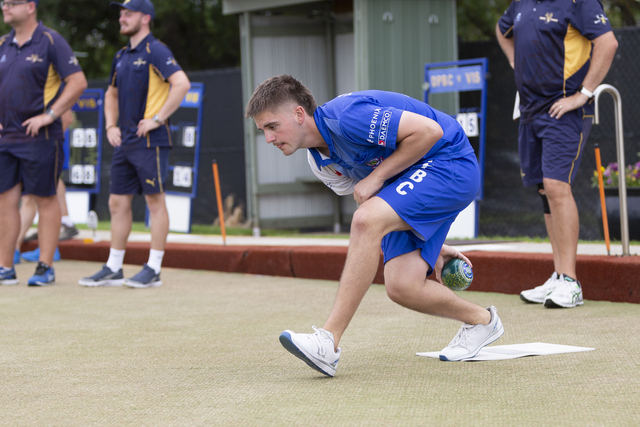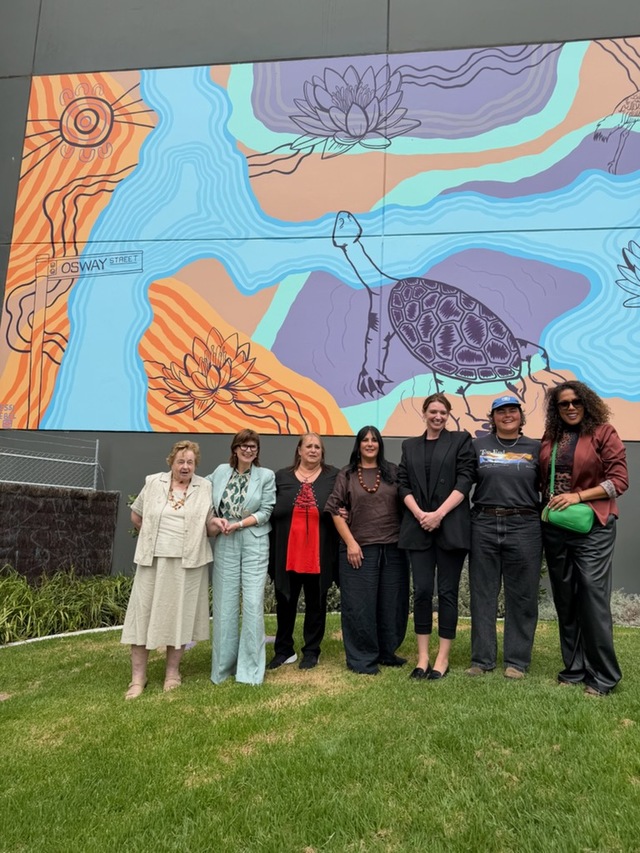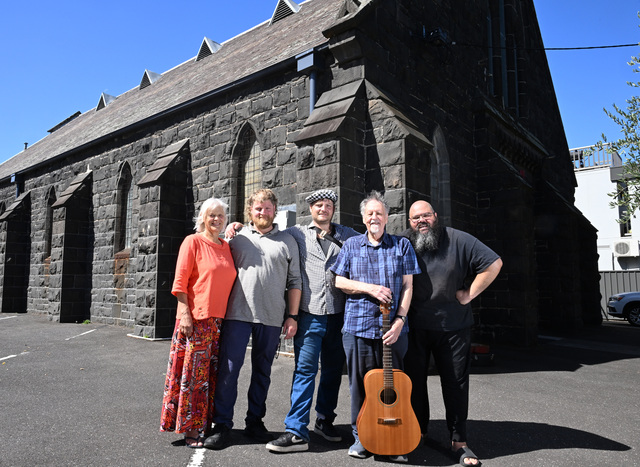(precede) When Russia officially invaded Ukraine on February 21, the world watched on as millions of civilians rushed to flee the country, and those who stayed took up arms to defend their nation. Molly Magennis spoke to two local Australian-Ukrainians about how it has felt to watch a country they love suffer under the threat of destruction.
For those with Ukrainian heritage in Australia, watching on from almost 13,000 kilometres away as Russia invades its democratic neighbour has been nothing short of devastating. Despite many being born in Australia, they have an unwavering connection to their heritage and culture.
Olenka Hrynevich is the secretary of the Ukrainian Association in Sunshine, established in 1952. She’s a first generation Ukrainian-Australian, after both her parents and grandparents escaped from Ukraine during World War II.
A lot of her early childhood memories were steeped in her family’s culture, including participating in Ukrainian scouting, traditional singing, and Saturday morning Ukrainian classes.
“It was very important to both my parents and both sets of grandparents to bring us up immersed in that culture as children,” she said.
Watching the war unfold from Australia, Olenka said the overwhelming emotion she’s been experiencing is helplessness. While it has been amazing to see the world banding together and getting behind her people, she’s worried not enough action is being taken to actually help them on the frontline.
“We gather in groups here and we support each other and we try to do what we can, but there’s that sense of helplessness that the aid from the world, it’s alright to gather, but that aid actually has to be proactive, and something needs to happen,” she said.
“It’s not just raising the awareness, but we need action from around the world.”
Roksolana Cyxo lives in Footscray, and is a third generation Ukrainian-Australian. Despite being born in Australia, like Olenka, her heritage is a huge part of her identity.
She agrees that while the support from the rest of the world has been remarkable, Ukrainians needs to take on this fight themselves.
“I do think fundamentally that it’s important that Ukraine fight this fight for itself, because this is a process of Ukrainians, I guess self determination to a certain extent,” she said.
No-fly zones enforced by NATO however, which would prevent Russia from launching airstrikes, would be beneficial she said.
“I am kind of stuck between Ukraine needs to fight this, but it is also fighting it for the whole democratic world.”
Roksolana has extended family living in the city of Ivano-Frankivsk, in western Ukraine, and said she has been trying to keep in touch with them as much as possible.
“We message with them and it’s really not, we don’t really chat about what’s happening but more, just to make sure that they’re okay, and kind of finding out what they’re doing,” she said.
“They’ve essentially just decided to stay where they are.”
Roksolana said she spends hours upon hours everyday on social media and watching the news, bewildered by the fact that something like this is actually happening in the 21st century.
“How can this actually happen in today’s world when we have apparently learnt from the world wars, and the fact that wars don’t really get you anywhere,” she said.
“I just still can’t even put into words how unfathomable it is.”
Olenka said her mother has also been watching on in disbelief, saddened at the fact that after all these years, after finally being declared independent over 30 years ago, Ukraine is still fighting for its freedom.
“She’s just so sad like all of us because she thought it would finish when her parents were hiding her in the bomb shelters in the 30s.
“They thought that, finally, what they’d been fighting for all their lives had come to fruition, and now 30 years later, it’s threatened.”
Olenka describes Putin as a “unstable man”, who has instigated a “selfish act” to leave some sort of egotistical legacy behind.
“[He wants] to be not known as someone who saw the Soviet Union crumble, but he wants to regain that power again, it’s a personal thing,” she said.
“His ultimate goal is to destroy anything that’s Ukrainian, and he denies that there is a history.”
Roksolana said she believes Putin has a world view that Ukraine is not an independent nation, but rather an extension of Russia.
“I read something yesterday that essentially Putin has become a victim of his own propaganda, he has started believing his own propaganda,” she said.
“I think it’s the product of a lunatic and it’s just ridiculous that he has so much power to be able to mobilize a country’s military and nuclear weapons and everything. This is what happens when there are totalitarian regimes and there’s no balance of power.”
Despite Russia’s huge military forces, Roksolana refuses to consider the prospect of a Ukraine governed by Putin.
“That thought hasn’t crossed my mind because I refuse to believe that that would happen because I believe so strongly in the will of the Ukrainian people and increasingly, that we’re being supported internationally by pretty much every other country in the world.
“Although there will be a ton of destruction and loss of lives and loss of livelihoods and loss of future, I cannot accept that this will end with Russia taking over Ukraine completely.”

